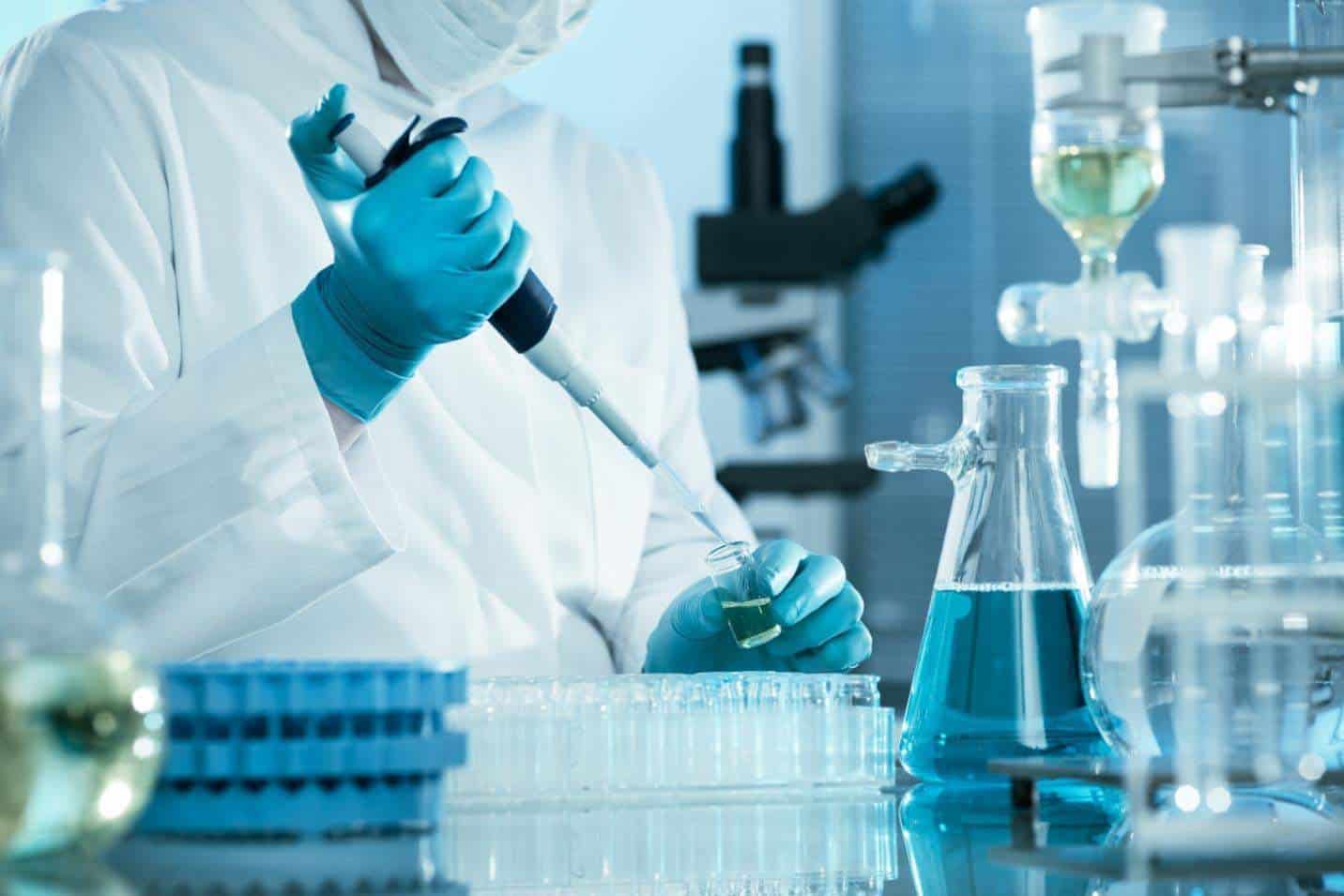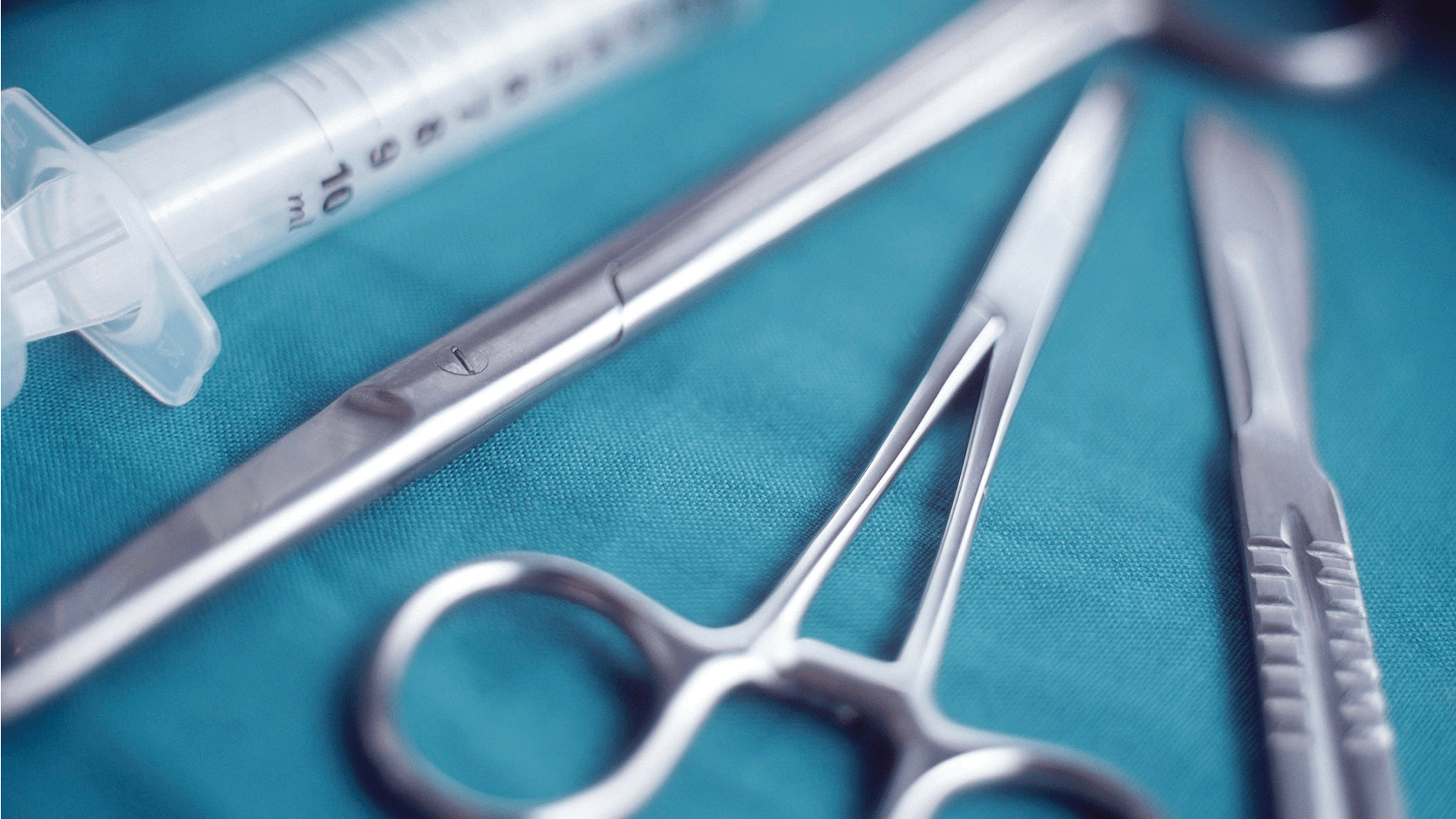Contents:
Medical Video: Systemic Lupus Erythematosus (SLE)
Definition
What is anti-DNA antibody?
Anti-DNA Antibody Tests can be used to diagnose and observe systemic lupus erythematosus (SLE) disease. Antibodies are found 65% - 80% in patients with SLE disease which is rarely found in conjunction with other diseases. The main characteristic of systemic lupus erythematosus is the high concentration of antibodies. However, if the antibody concentration is medium or low, it does not mean you suffer from systemic lupus erythematosus. Some other autoimmune diseases can also cause concentrations of antibodies to low and moderate levels.
When do I have to take anti-DNA antibodies?
Your doctor will file a test if you experience symptoms of lupus or you get a positive result on the ANA test. Here are some symptoms of SLE:
● muscle pain
● moderate fever
● fatigue
● hair loss and weight loss
● skin sensitive to light
● joint pain such as arthritis, joint pain and absence of wounds
● numbness or like being punctured by a needle in the hands and feet
This test is also used to observe and identify advanced lupus.
Prevention & warning
What should I know before undergoing anti-DNA antibodies?
You must be careful of the following factors that can affect the results:
● if you use radioactive imaging 1 week before the test
● drugs such as hydralazine and procainamide can increase the concentration of DNA antibodies and produce inaccurate results
● sometimes you get positive results if you have other diseases such as chronic hepatitis, liver cirrhosis, static biliary primary and increased mononucleosis infection
It is important that you understand the warnings above before running this test. If you have questions, consult your doctor for further information and instructions.
Process
What should I do before undergoing anti-DNA antibodies?
Your doctor will explain the test process to you. This test is a blood test. You do not need to make special preparations, other than stopping eating or drinking before the test. You are recommended to wear clothes with short sleeves to help with blood collection.
What is the anti-DNA antibody process?
Medical personnel who are in charge of taking your blood will take the following steps:
● wrap an elastic belt around your upper arm to stop the blood flow. This makes the blood vessels under the bond enlarge making it easier to inject needles into the vessels
● clean the part to be injected with alcohol
● inject a needle into a blood vessel. More than one needle may be needed.
● attach the tube to the syringe to fill it with blood
● removing the ties from your arms when taking blood is enough
● attach gauze or cotton to the injected part, after the injection is finished
● put pressure on the part and then put on a bandage
The doctor will store the blood sample in the red lid tube.
What should I do after undergoing anti-DNA antibodies?
The doctor or nurse will take your blood sample. Pain depends on the skills of the nurse, the condition of the blood vessels and your sensitivity to pain. After the blood collection process, you are recommended to bandage with a bandage and lightly press your blood vessels to stop bleeding. You can move as usual after undergoing a test. If you have questions about the process of this test, consult your doctor to understand further.
Explanation of Test Results
What do the test results mean?
Normal results: Negative: <5 international units / mL
Abnormal results: Neutral: 5-9 international units / mL
● positive: 10 international units / ml
● increased concentration
● collagen circuit disease (systemic lupus erythematosus)
● chronic hepatitis
● biliary cirrhosis
● Mononucleosis is infected
The anti-DNA antibody test results can vary depending on the laboratory. Consult your doctor if you have questions about the test results.
Hello Health Group does not provide medical advice, diagnosis or treatment.











